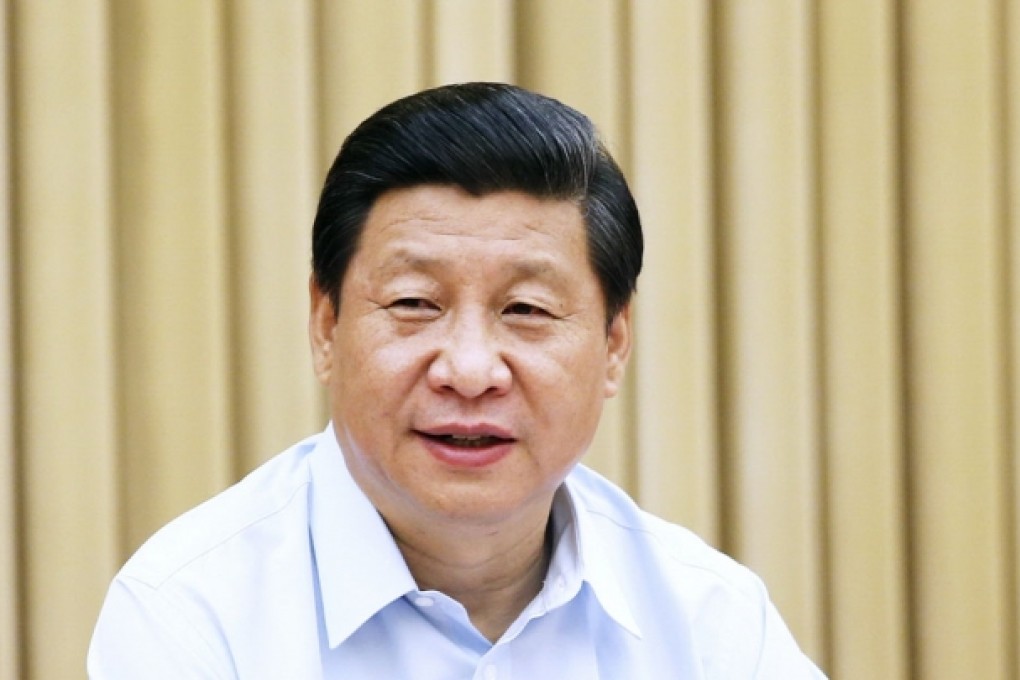Opinion | Courage is needed for financial change
Beijing can prove its determination for reform by letting enterprises fail and products default

Over the past 30 years, as China's economy has grown by leaps and bounds on its way to becoming the world's second-largest, the leadership has wasted no opportunity to take credit and remind everyone of its foresight and determination to enhance the legitimacy of the Communist Party's dictatorial rule.
But the reality is different. Recent history has shown that China's significant development has been driven by crisis, with the leaders forced to sacrifice their own vested interests and unite to push for painful restructuring and reform.
Now China's new leaders, including Xi Jinping and Li Keqiang, are at a similar, if not more critical, juncture. They must display the political courage to overcome resistance from vested interest groups and to accelerate the reform movement.
Xi and Li came to power on pledges of reform, raising hopes of mainlanders and overseas investors who were dismayed by the lack of reform during the 10-year rein under Hu Jintao and Wen Jiabao.
Xi has wasted no time in establishing his reformist credentials by tracing Deng's steps and visiting Guangdong, vowing to curb rampant official corruption and urging mainlanders to revitalise the country in pursuit of the so-called China Dream. As a sign of his mettle, he took on the powerful but corrupt generals of the People's Liberation Army by banning their friends and family members from using military plates on their luxury cars, forcing them to train as ordinary soldiers and undertaking an extensive audit of military-owned land - a key source of corruption.
The fact that he could manage to shake up the military so early on came as a sharp contrast to his predecessors such as Jiang Zemin and Hu, who usually wooed the generals with promotions during early stages of leadership.

